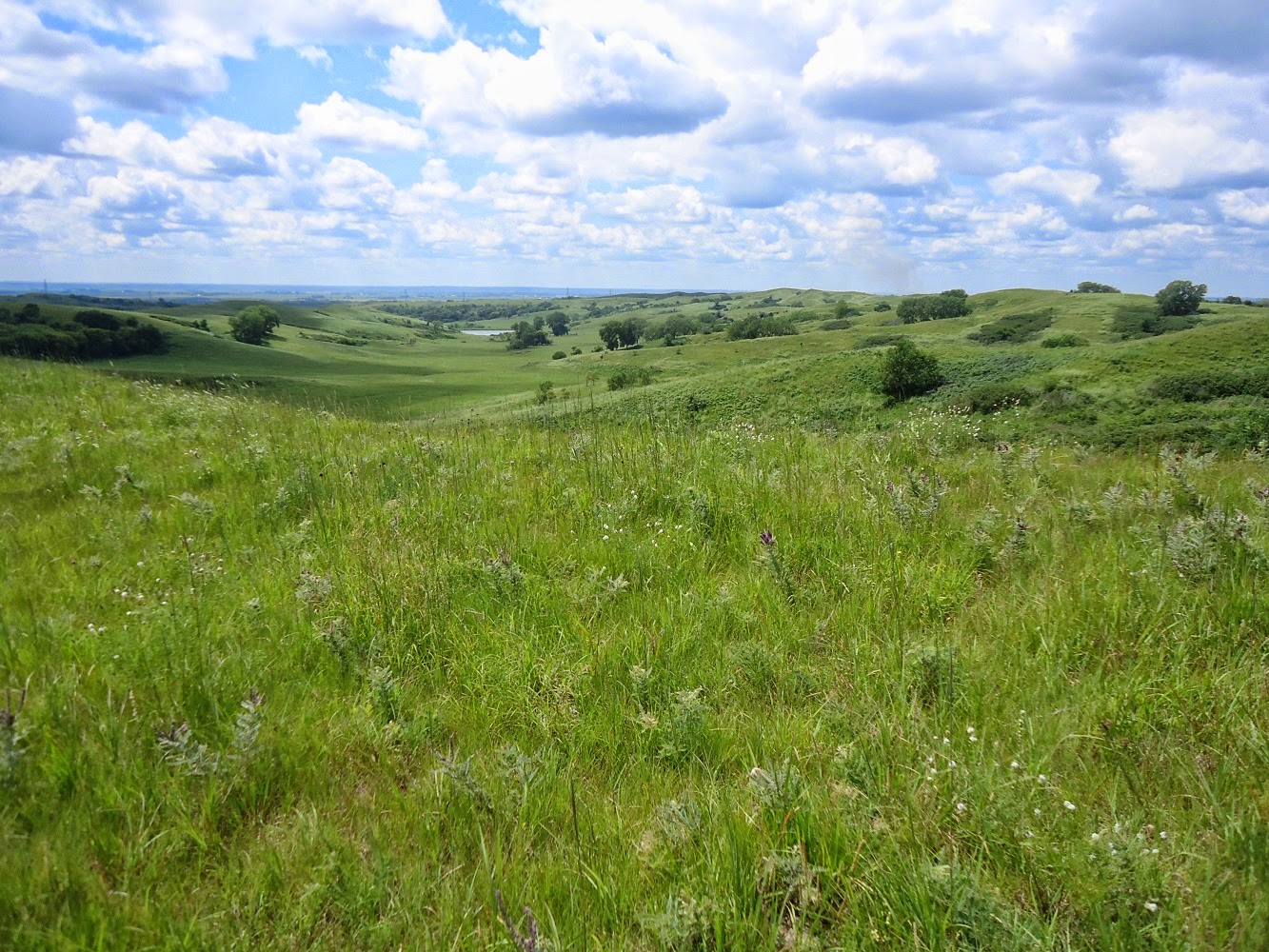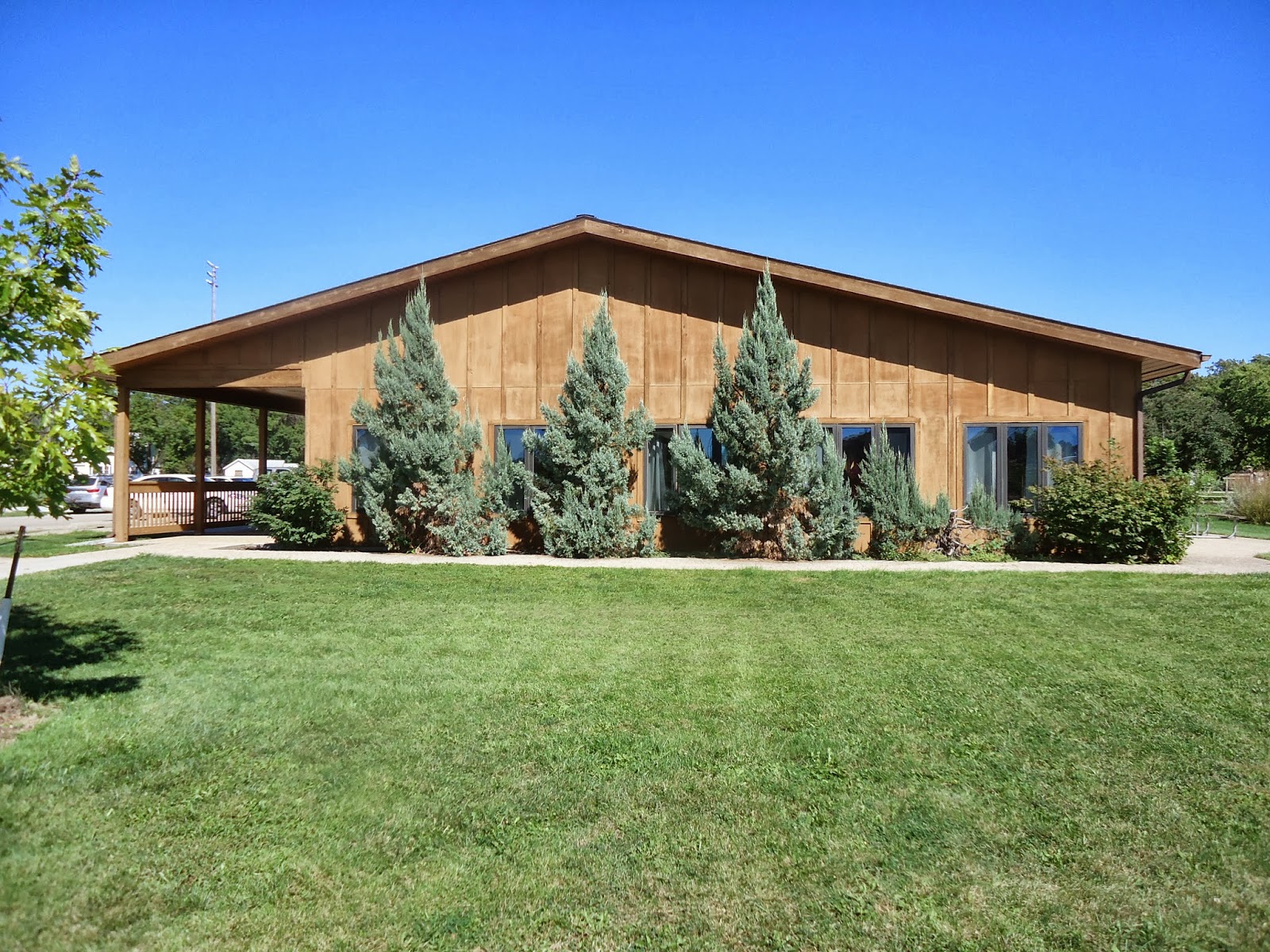Earth Day: Falling in love with Creation
In this post, I am sharing the lesson that I put together for youth group at my church for Earth Day, with some additions and embellishments.
 |
| Booklet cover for youth group scavenger hunt. It reads "Earth Day 2021, know your planet!" |
We are created stuff. Everything here is created. From the animals and plants, to the stuff that was used to make this building. We can’t separate ourselves from it, but a lot of times we do because we’re not even aware of it.
If you know a word for something, you can talk about it. It changes how you see. (Did You Know Your Language Changes How You See Color?)
When you name something, you can know it. You can love it and have a relationship with it. You can see it. It’s no longer an anonymous background object.
Brain Pickings writer Maria Popova writes, "To name a thing is to acknowledge its existence as separate from everything else that has a name; to confer upon it the dignity of autonomy while at the same time affirming its belonging with the rest of the namable world; to transform its strangeness into familiarity, which is the root of empathy. To name is to pay attention; to name is to love. Parents name their babies as a first nonbiological marker of individuality amid the human lot; lovers give each other private nicknames that sanctify their intimacy; it is only when we began naming domesticated animals that they stopped being animals and became pets."
Names are super important in the Bible. Right at the beginning, in Genesis:
Gen 2:4b-9a, 19-20a (CEB)
In the day that the Lord God made the earth and the heavens, when no plant of the field was yet in the earth and no herb of the field had yet sprung up—for the Lord God had not caused it to rain upon the earth, and there was no one to till the ground; but a stream would rise from the earth, and water the whole face of the ground— then the Lord God formed man from the dust of the ground, and breathed into his nostrils the breath of life; and the man became a living being. And the Lord God planted a garden in Eden, in the east; and there he put the man whom he had formed. Out of the ground the Lord God made to grow every tree that is pleasant to the sight and good for food.
So out of the ground the Lord God formed every animal of the field and every bird of the air, and brought them to the man to see what he would call them; and whatever the man called every living creature, that was its name. The man gave names to all cattle, and to the birds of the air, and to every animal of the field.
It is significant that our holy text starts with naming all the things. Throughout the Bible, names refer to who a person might become, or the circumstances of their birth. God changes people’s names based on a new sense of vocations, as with Abram/Abraham and Sarai/Sarah. A change of name signifies transformation, as with Saul/Paul. God assures Israel: "I have called you by name, you are mine." (Isaiah 43)
In the video above, she says: "It's a sign of respect and connection to learn the name of someone else, a sign of disrespect to ignore it. And yet, the average American can name over a hundred corporate logos--and ten plants. Is it a surprise that we have accepted a political system that grants personhood to corporations and no status at all for wild rice and redwoods? Learning the names of plants and animals as a powerful act of support for them. When we learn their names and their gifts, it opens the door to reciprocity."
I’m not asking you to become a full time naturalist, or a botanist. But to become more familiar with the world you inhabit, so that you can understand how we are connected to it, to love it as God does. For as it is written in Genesis, "God saw everything he had made: it was supremely good."
 |
| Booklet is printed on one 11" by 17" paper sheet, folded and cut one page zine style |
Download PDF copy of the scavenger hunt booklet




Comments
Post a Comment